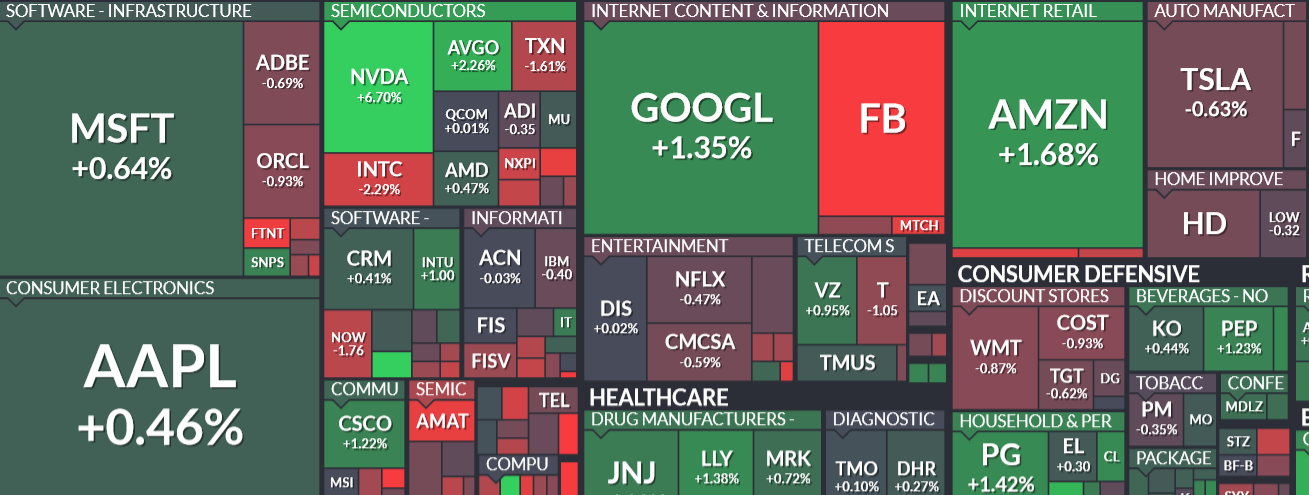The euro slid to the weakest level in more than two weeks against the yen, after Bank of Japan Governor Haruhiko Kuroda said yesterday there was a high probability that inflation reaches the central bank 2% inflation target sometime from the end of this fiscal year to the beginning of fiscal 2015.
EUR/JPY touched a session low at 140.44 at 08:00 GMT, after which the pair trimmed some losses to trade at 140.79 at 09:29 GMT, losing 0.21% for the day. Support was likely to be received at March 5th low, 140.19, while resistance was to be met at March 17th high, 141.73.
Kuroda said that consumer prices are expected to increase due to improvements in the supply-demand balance, but the upward pressure from energy prices will start to decline.
In January, core inflation was 1.3%, matching the strongest level in more than five years and adding to signs of progress toward BoJ’s inflation target of 2%.
Last week, the Bank of Japan kept its pledge to expand the money supply by an annual pace of 60 trillion to 70 trillion yen per year, in line with analysts’ forecasts. In addition, the central bank lowered its forecasts of exports, but raised its assessments of industrial output and investment.
The BoJ started the unprecedented stimulus program in April 2013, pledging it will achieve 2% inflation target around two years through aggressive asset purchase in an attempt to end 15 years of deflation.
According to Bloomberg Correlation-Weighted Indexes, which track 10 developed-nation currencies, the yen slid 2.5 percent in the past six months , while the euro gained 2.9 percent.
Meanwhile, the 18-nation common currency was supported after the European Central Bank reported an unexpected increase in the currency blocs current account.
The ECB reported today that the euro area current account increased to a seasonally adjusted 25.3 billion euro in January, up from 21.0 billion in the previous month and confounding analysts expectations for a decline to 18.4 billion euro.
However, euros demand remained under pressure after ECB Executive Board member Sabine Lautenschlaeger commented yesterday that rates will remain at current low levels for a prolonged period of time or will even be reduced further.





